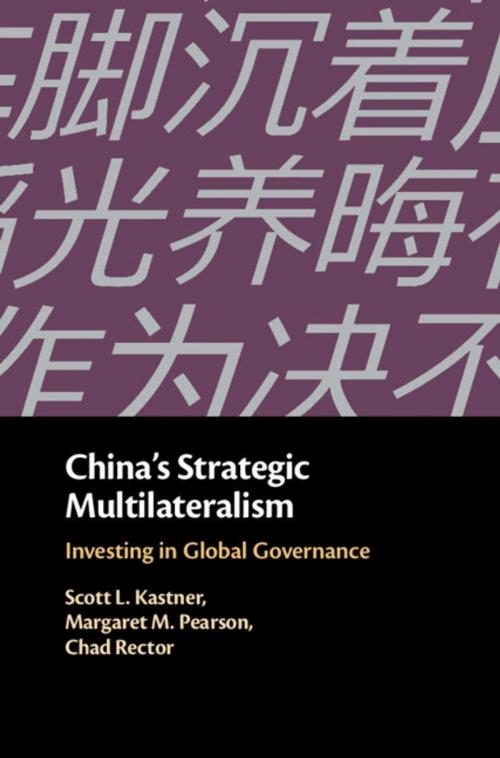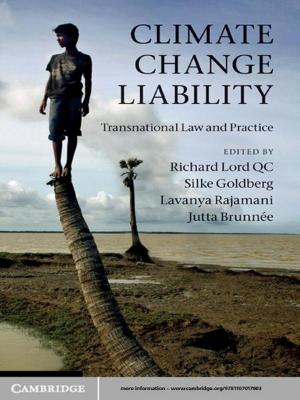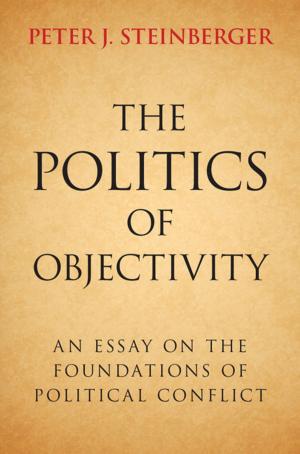China's Strategic Multilateralism
Investing in Global Governance
Nonfiction, Social & Cultural Studies, Political Science, International, International Relations, Reference & Language, Law| Author: | Scott L. Kastner, Margaret M. Pearson, Chad Rector | ISBN: | 9781108619844 |
| Publisher: | Cambridge University Press | Publication: | October 31, 2018 |
| Imprint: | Cambridge University Press | Language: | English |
| Author: | Scott L. Kastner, Margaret M. Pearson, Chad Rector |
| ISBN: | 9781108619844 |
| Publisher: | Cambridge University Press |
| Publication: | October 31, 2018 |
| Imprint: | Cambridge University Press |
| Language: | English |
China sometimes plays a leadership role in addressing global challenges, but at other times it free rides or even spoils efforts at cooperation. When will rising powers like China help to build and maintain international regimes that sustain cooperation on important issues, and when will they play less constructive roles? This study argues that the strategic setting of a particular issue area has a strong influence on whether and how a rising power will contribute to global governance. Two strategic variables are especially important: the balance of outside options the rising power and established powers face, and whether contributions by the rising power are viewed as indispensable to regime success. Case studies of China's approach to security in Central Asia, nuclear proliferation, global financial governance, and climate change illustrate the logic of the theory, which has implications for contemporary issues such as China's growing role in development finance.
China sometimes plays a leadership role in addressing global challenges, but at other times it free rides or even spoils efforts at cooperation. When will rising powers like China help to build and maintain international regimes that sustain cooperation on important issues, and when will they play less constructive roles? This study argues that the strategic setting of a particular issue area has a strong influence on whether and how a rising power will contribute to global governance. Two strategic variables are especially important: the balance of outside options the rising power and established powers face, and whether contributions by the rising power are viewed as indispensable to regime success. Case studies of China's approach to security in Central Asia, nuclear proliferation, global financial governance, and climate change illustrate the logic of the theory, which has implications for contemporary issues such as China's growing role in development finance.















